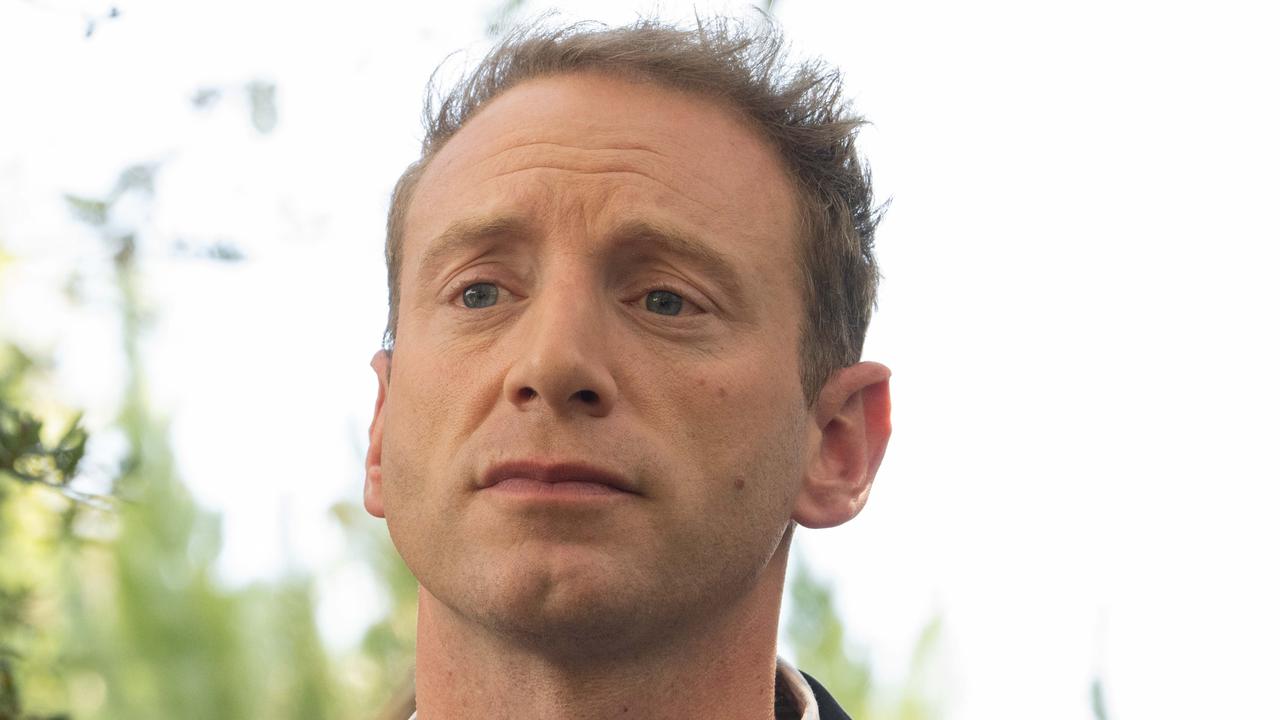2014 Budget: what did the Abbott Government achieve?
THE Abbott government ends its year in parliament with some Budget measures still up in the air. So what did the Coalition win and what did it lose in 2014?

IT’S been a big, long, tough year for Tony Abbott and his team, especially since it handed down a controversial budget in May.
The Prime Minister has described it as a year of delivery and achievement for the government, despite some self-proclaimed “barnacles” on the ship.
Clive Palmer, a key powerbroker since July, yesterday gave the Coalition a one out of 10 when asked to rank its first year in office.
Labor too hasn’t been shy in criticising the government’s failures, with Bill Shorten labelling it a “year of broken promises”.

More than six months on from the May budget — and at the end of the parliamentary year — the government has still been unable to pass crucial measures.
Its GP co-payment is still unlegislated and Education Minister Christopher Pyne has had to go back to the drawing board on revamped university reforms.
But it did have success in repealing the carbon and mining taxes and has almost stopped the arrival of asylum seeker boats into Australian waters.

STILL IN LIMBO
Uni reforms
Christopher Pyne’s package to deregulate university fees was rejected by the Upper House in this final week of sitting.
Despite months of negotiations with the crossbench, the Minister was unable to secure enough support.
But undeterred he is pressing on with “round two”, introducing new legislation into the House of Representatives to be voted on next year.
GP co-payment
One of the more controversial elements of the May budget, the government has been unable to persuade enough Senators — or Labor and the Greens — of the merits of the co-payment.
In what was recently a “ragged week” for Tony Abbott, he rejected reports his own office was trying to kill it off.
He insists it hasn’t been abandoned and will still be the Coalition’s policy.
Paid Parental Leave Scheme
The government didn’t put any legislation into Parliament for its paid parental leave scheme this year, a clear sign it still does not have the necessary support.
Tony Abbott is sticking by the signature policy — which has been scaled back — and insists it will still be a reality.
But the door has been left open to further tweaking.

TICKED OFF
Carbon and Mining Tax repeals
They were two critical pledges the government made before the election and Tony Abbott has been able to axe both the carbon and mining taxes in his first full year.
He got rid of both with the help of the Palmer United Party — but it wasn’t always pretty.
Spending associated with the mining tax still had to be locked in until the next election in exchange for its support.
Direct Action
To replace the carbon tax, the Coalition was successful in passing its Direct Action policy through the Senate.
The achievement came with the help of Clive Palmer’s team, who agreed to back the legislation.
But their support was contingent on an ETS being investigated, despite the government being steadfast against implementing one.
Fuel excise (but in a “sneaky” way)
The government’s plan to reintroduce fuel excise indexation didn’t have any hope of getting through the Senate.
So instead of ditching the idea, the Coalition brought the measure back through regulation.
But it will have to be rubber stamped by the Parliament next year — something which could prove tricky.
Also ticked off were the appropriation bills (it’s tradition) and the debt levy (with Labor’s support).



